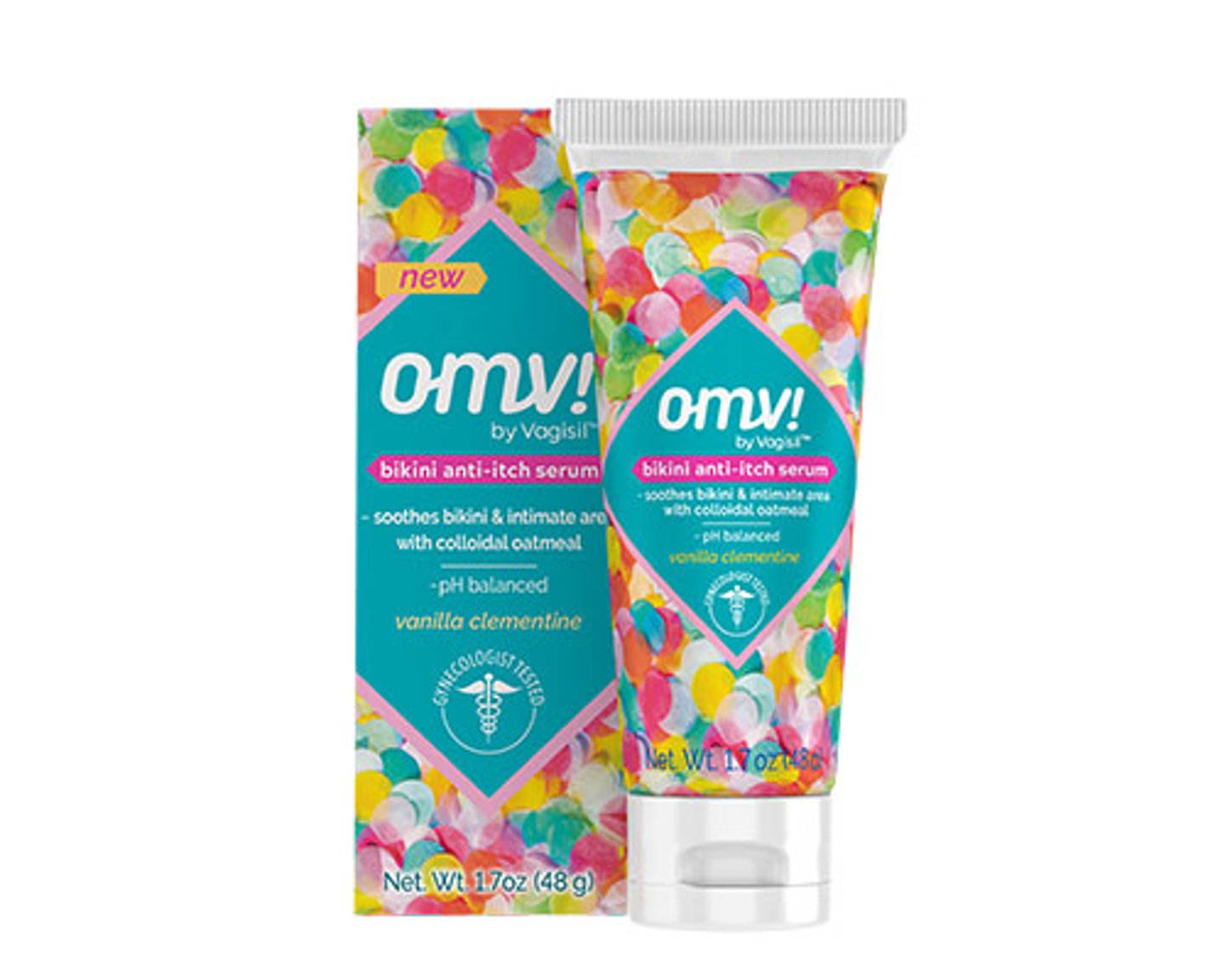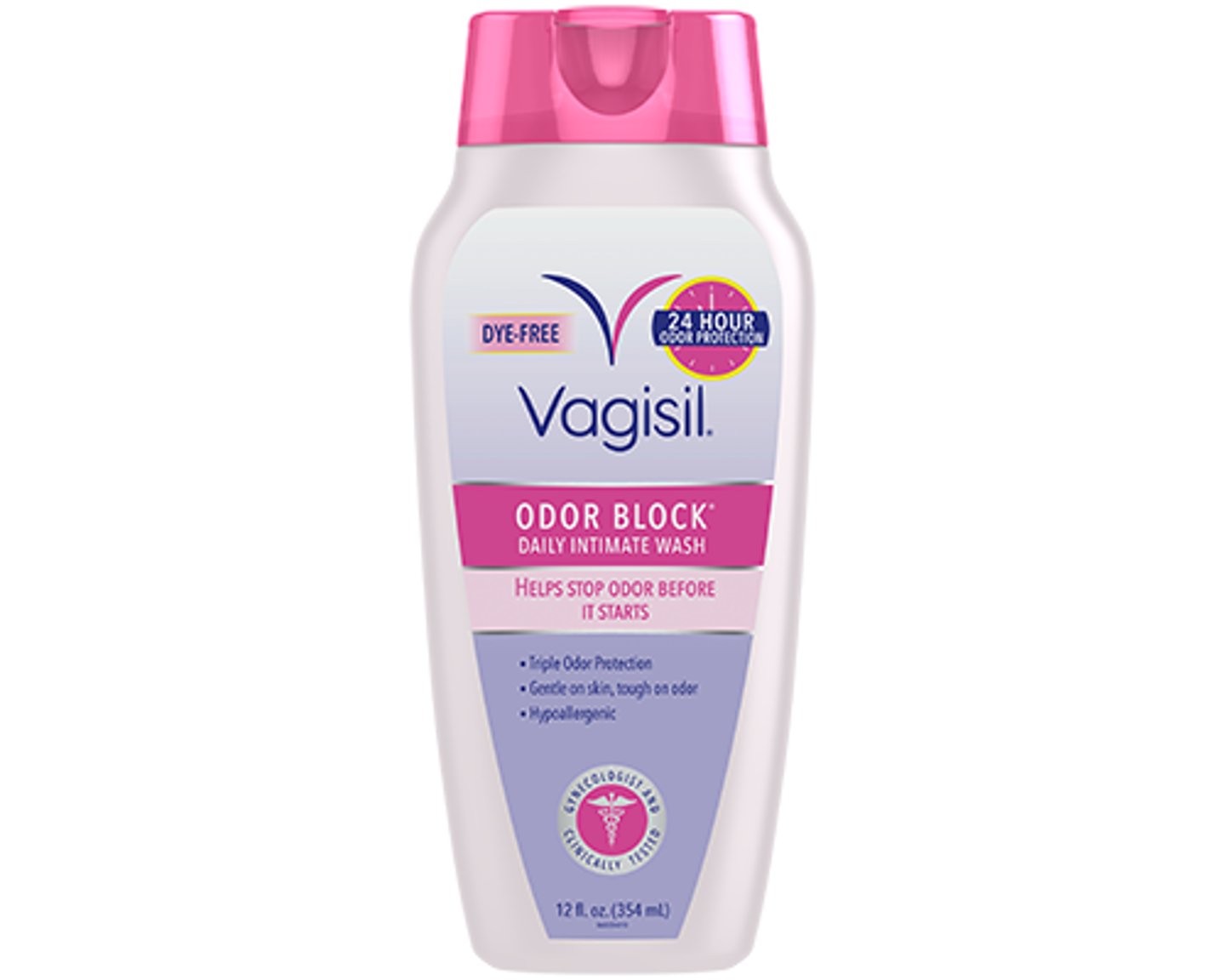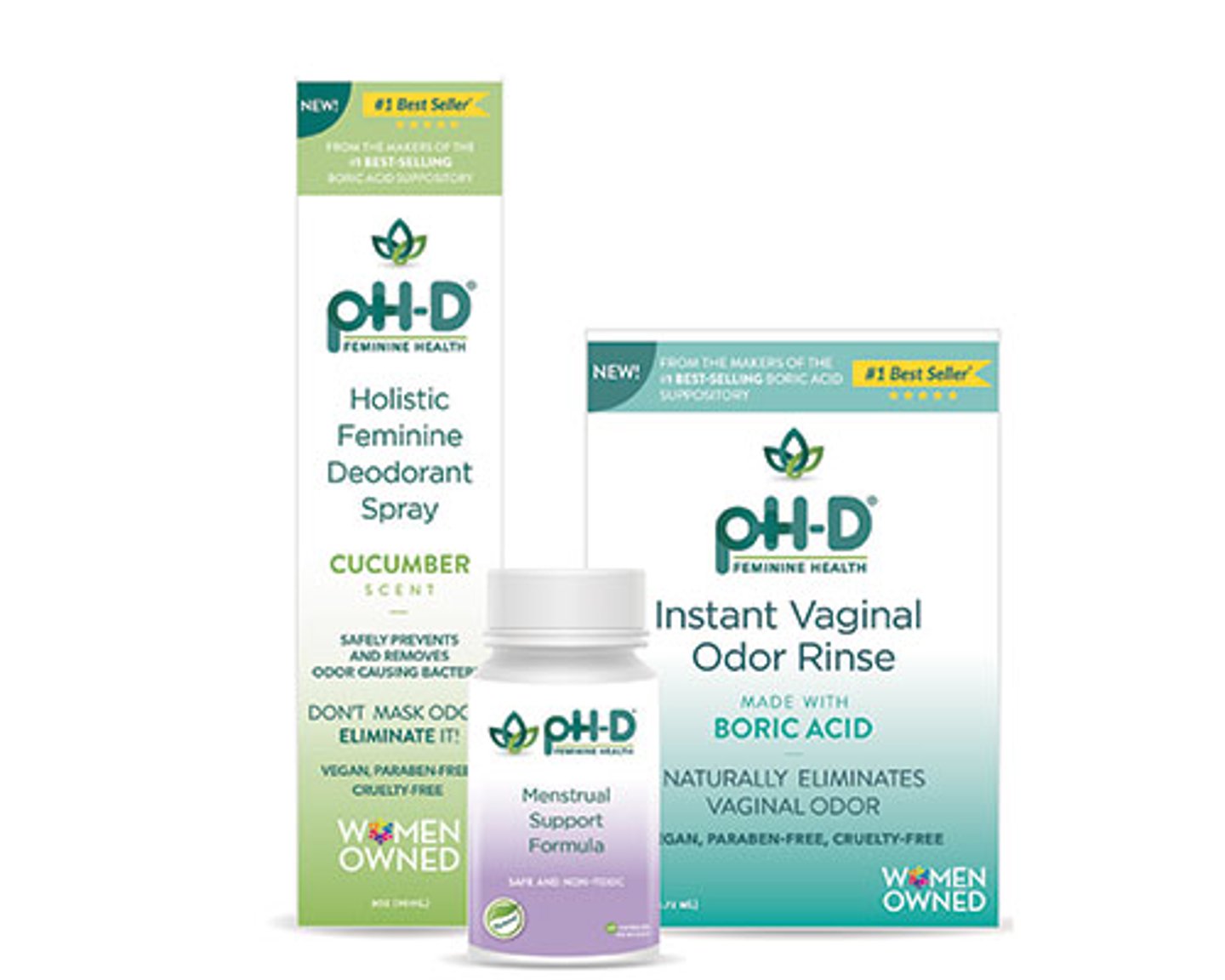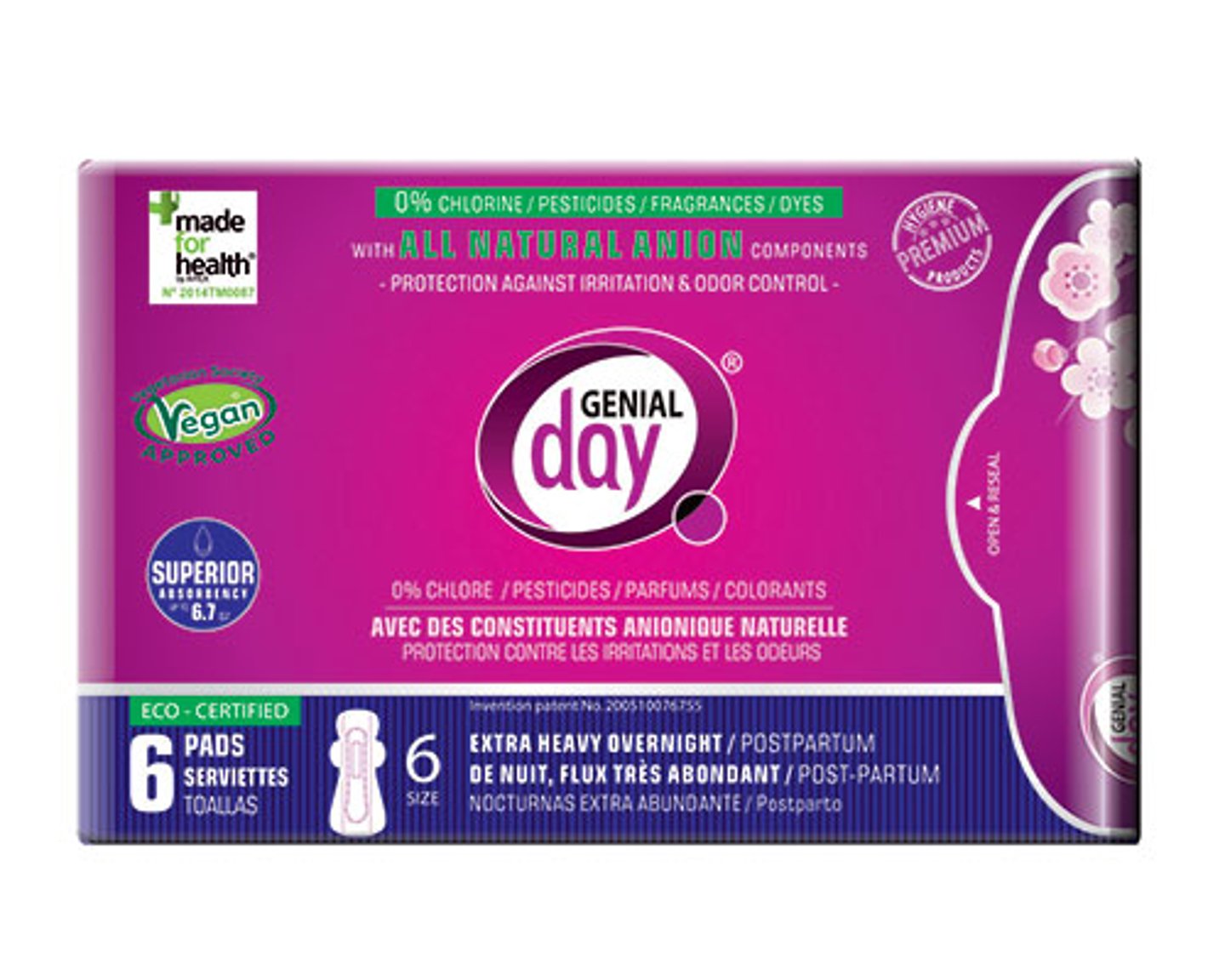Feminine care keeps up with trends to drive growth
Who knew that feminine hygiene could be cool or edgy?
Apparently, a lot of retailers and consumers. The result is that more merchants — from the likes of such trendy retailers as Urban Outfitters and Anthropologie to traditional mass retailers — are carrying feminine hygiene products to both satisfy consumer demand and build stronger ties with female consumers. The results have been a steady increase in product innovation, price points and, fortunately, profits for all involved.
While being able to buy feminine care products online is nothing new, food, drug and mass retailers are realizing that women would rather buy certain products online or at the same stores where they can also purchase hoodies, beaded clutch purses and silk sleep masks. Even in today’s oversharing, taboo-free environment, women might find the feminine hygiene section of their brick-and-mortar stores a bit uninviting.
“The aisle is still the awkward aisle,” said Chia Chia Sun, founder and CEO of Toronto-based Damiva. “The transformation of the feminine care aisle is definitely starting, which is super exciting, but it may not be fast enough for consumers.”
The challenge to retailers, Sun said, is whether to think of feminine care as a necessity or as something that follows more of a beauty model. Tampons, pads and liners are commodities that consumers replenish regularly. Items such as wipes, sprays and bath bombs are not purchased as often. Retailers have to figure out how to choose new items, how to move legacy items and how to balance both.
According to IRI, a Chicago-based market research firm, for the 52 weeks ended Dec. 1, sales of feminine needs products in U.S. multi-outlet stores — grocery, drug, mass market, military and select club and dollar stores — totaled roughly $649.2 million, an increase of 2.3% compared with the same period the previous year. Sales of sanitary napkins and tampons totaled roughly $2.82 billion, up 1.3%, and sales of all other feminine hygiene/medical treatments totaled roughly $322.7 billion, up 5.7%.
One way to grow the category is to focus on innovative products, including those that appeal to millennials. “Retailers are capturing more sales and profits by expanding shelf space for high growth segments, such as wash, wipes, spray and creams at the expense of slow growth/declining commodity segments,” said Keech Combe Shetty, CEO of Combe, which makes Vagisil. “Some of these commodity segments have very low in-store engagement, making them ripe for conversion to online subscriptions.”
Combe has expanded the Vagisil Odor Block Intimate Wash line, and all the intimate washes, which are pH-balanced, hypoallergenic, dermatologist- and gynecologist-tested, and free of parabens and methylisothiazolinone preservative, are now dye-free for 2020. “One notable trend is that the intimate health consumer is becoming more educated about her sexual and feminine health,” Combe Shetty said. “This has translated in the market as a demand for greater transparency in ingredients and proven track record of safety and efficacy.”
Natural Focus
Feminine care consumers are looking for safer products. “Women are more concerned than ever about not only the safety of the products they are using and putting into their bodies, but also the long-term effects of these products,” said Deeannah Seymour, CEO and founder of pH-D Feminine Health in Nashville, Tenn.
Retailers have responded by adding alternatives. “You walk down the feminine care aisle of most retailers and see options that didn’t exist two or three years ago,” Seymour said. “Providing safer options is great for everyone.”
The company makes boric acid suppositories to help promote normal vaginal balance, and plans to launch a holistic feminine deodorant spray and an instant feminine odor vaginal rinse. “We are also launching a holistic alternative to NSAIDs for menstrual discomfort,” Seymour said. “Being a kidney donor, I can no longer take NSAIDs because of the renal side effects. I wanted to develop a product that is safe for everyone, including me.”
Consumers are looking for natural options because they are concerned about chemicals in sanitary pads and other products. Holistic well-being is one filter in their purchase decisions, said Chit Itchon, head of marketing for the feminine care business unit at Shelton, Conn.-based Edgewell Personal Care. “They are looking for products that are safer for them and the environment, heightening concern on ingredient sourcing and processing.”
Retailers have embraced the trend, Itchon said, by including these items in their assortments. “They also continually encourage manufacturers to be more transparent with product claims and formulations.”
Recent legislation is helping to boost transparency in feminine care products. In 2019, New York became the first state to require all ingredients in tampons, pads and other menstrual products to be listed on the packaging. Other states likely will follow, said Helen Robinson, co-founder of Organic Initiative, a New Zealand-based company with U.S. headquarters in Manhattan Beach, Calif. “Tampons and cups are classified as medical devices,” she said. “They’re not like body lotion or food that by law have to list ingredients.”
Listing the ingredients will help consumers see, for example, whether sanitary pads are made entirely of organic cotton or if just the pad covers are organic cotton. “You’ve really got to read the fine print,” Robinson said. “Some retailers are really smart and have picked up on this.” Women also are looking for tampons that have applicators made from plant-based materials, and sprays and washes that are cruelty-free and have no dyes, parabens or MIT preservatives. Consumers are looking for products that are not harmful to their own bodies and that do not damage the environment.
Retailers Add Products
Another company with international presence is Genial Day, which launched in Europe in 2009 and has U.S. headquarters in Orland Park, Ill. Founder and designer Vilmante Markeviciene said the U.S. market is more open to new emerging brands of feminine hygiene products, “but competition is quite substantial, too.” Genial Day makes several products, including pads with an anion strip, which the company said provides benefits through negative ions.
In the United States, Markeviciene said, sustainability and health concerns are the most significant issues. “Retailers have to take that into account when choosing new products,” she said. “I believe they should look for more sustainable, healthy, transparent brands, which will help women to take care of their well-being and comfort during menstruation, also providing the best performance.”
Retailers can benefit by expanding their sets with new products for not only menstruation but postpartum, soothing and cleansing. Atlanta-based The Honey Pot will launch a boric acid and herb vaginal suppository, as well as other herbal products this year. The company’s goal is to have a product in every subcategory in the feminine care aisle. “It’s about rounding out our collection to be able to serve our guests, our consumers that love our products,” said Beatrice Dixon, founder and CEO.
Dixon also said that some retailers are willing to take a chance and add innovative feminine hygiene products to their assortments, while other retailers tend to wait and see how well the products perform at certain chains. “They don’t want to get something that fails,” she said. “They want to focus on the movers.”
The retailers that do carry the Honey Pot’s herbal wipes, cleansers, creams, pads and organic tampons, merchandise the natural items in the same feminine care aisle as other products. “Everything is right next to each other, which is also really great,” Dixon said.
Other legislation that will affect the feminine care category is the removal of the tampon tax, or the sales tax on feminine hygiene products. In recent years, New York, California, Illinois and other states have exempted menstrual products from sales tax, a change that advocates said can make the products more accessible for low-income consumers.
The bigger trend, manufacturers said, is the continuing innovation in the feminine care category. “When I talk to buyers, they believe in five years feminine care will be the next CBD or the next organic, the next trend if you will,” said Damiva’s Sun. “I don’t think we will have to wait long. I’m definitely seeing an acceleration.”





